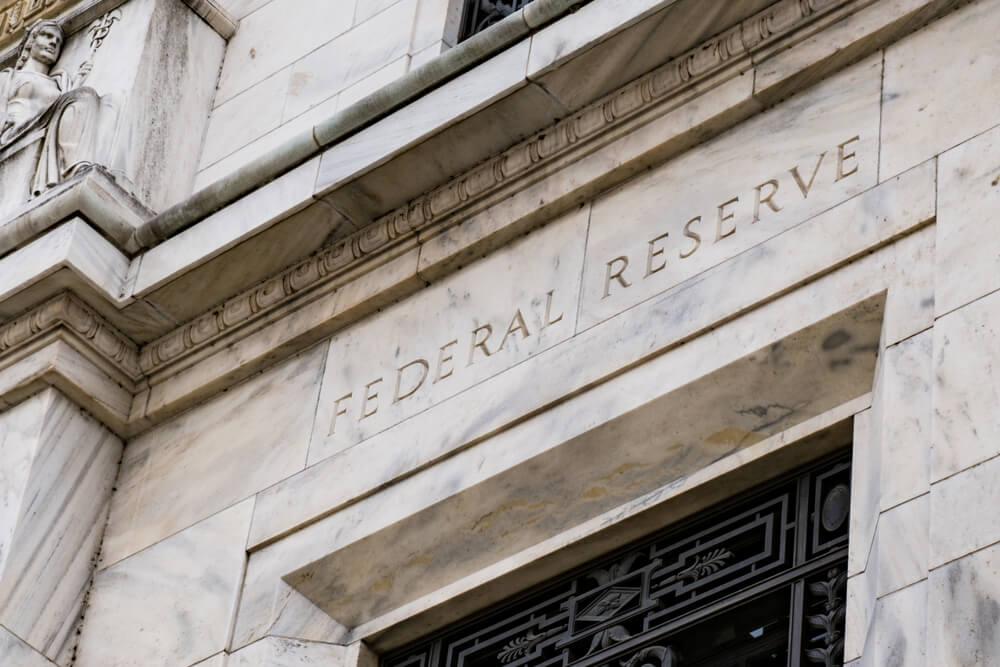Us Federal Reserve Bans Its Top Officials From Trading and Investing in Stocks
by Kayode Adeoti · · 2 minute read

US Federal Reserve bans its top officials from trading and investing in stocks.
ON THURSDAY, the US Federal Reserve announced a ban on top officials at the US central bank owning individual stocks and some set of restrictions and limits on other stock trading and investing activities. The ban comes in response to an uproar caused by reports of trading by top officials in the central bank.
In a statement released Thursday, the Fed stated that the new rules will restrict the type of future investments senior officials including members of the Fed's board of governors, regional Fed banks and high ranking staff can venture into to only "purchasing diversified investment vehicles, like mutual funds." They would also not be allowed to invest in individual bonds, hold investments in agency securities either directly or indirectly, or enter into derivatives.
"These tough new rules raise the bar high in order to assure the public we serve that all of our senior officials maintain a single-minded focus on the public mission of the Federal Reserve," said Fed Chair Jerome Powell in a statement.
With this new rule established, policymakers and senior staff will have to obtain approval on transactions and provide 45 days' notice before selling or purchasing securities. Regional Fed bank presidents will also have to make known to the public their financial transactions within 30 days.
In a press release by the Fed, it said, "Further, no purchases or sales will be allowed during periods of heightened financial market stress." The new rules help guard against even the appearance of any conflict of interest in the timing of investment decisions.
These new rules and tightening of restrictions are being established by the Fed in response to the resignation of Robert Kaplan, the president of the Federal Reserve Bank of Dallas and Eric Rosengren, the president of the Federal Reserve Bank of Boston last month. Their resignation is a result of reports of their involvement in controversial trading last year when the central bank was working round the clock to improve market functioning and the economic impacts caused by the COVID-19 pandemic. Coming after the series of reports, Kaplan and Rosengren said to avoid the appearance of conflict; they would both be selling their stocks, although Kaplan insisted he had done nothing wrong.
The press release also mentioned that the Fed would integrate the new rules over the next few months.
